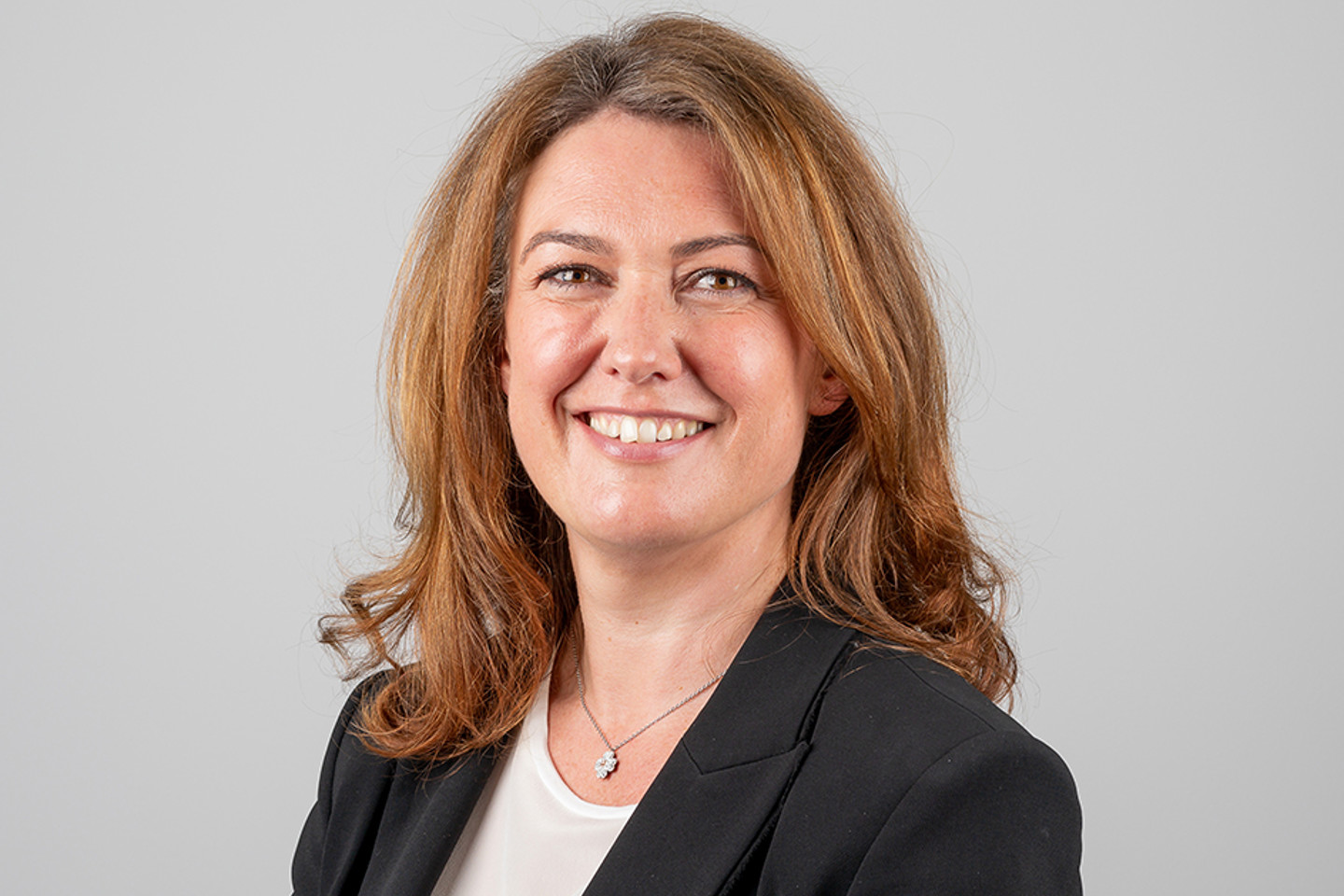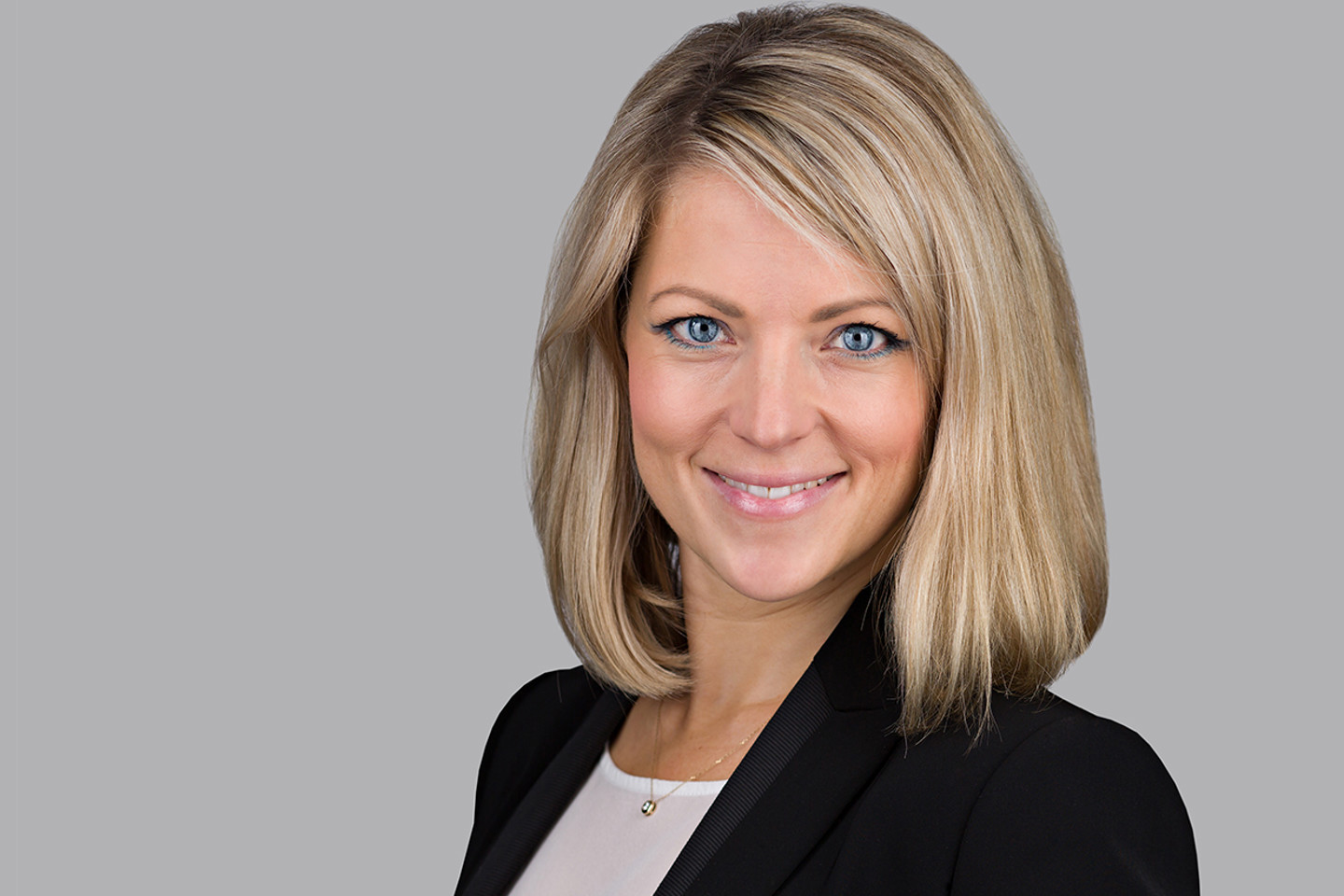
Helen Ruelle
Director of Local Legal Services | Legal
Jersey

Helen Ruelle
Director of Local Legal Services
Jersey
No Content Set
Exception:
Website.Models.ViewModels.Components.General.Banners.BannerComponentVm
It is hard to go a day without someone mentioning the new popular Netflix series 'The Stranger'. One of the mysteries which troubles the audience is the money that has gone missing from the local football club, presumed to have been stolen. The Stranger is an adaptation of a Harlan Coben novel and so it is easy to think that the series does not touch on aspects of real life.Granted, the issues are dramatised, but there is no denying that insider fraud of this nature happens.
The JSPCA's former CEO was recently jailed for seven years after he was found to have embezzled £405,000 from the animal charity. The Jersey Charity Commissioner, John Mills CBE, has since warned that "having weak internal financial controls and procedures can make charities susceptible to insider fraud. By strengthening these procedures and processes, governors can reduce the risk of it happening".
Charities are no more or less susceptible to insider fraud than public and private companies. It is a problem that persists at all levels of society and irrespective of whether the entity has commercial or altruistic motives. However insider fraud within the charitable sector tends to be reported more often and in a more critical light due to the 'public purse' element of missing funds and the fact that a charity's employees or volunteers are usually perceived to have good codes of ethics.
So, what internal controls and procedures can employers in any sector, implement to reduce the risk of insider fraud? We've come up with a short checklist of 5 steps, which we believe could significantly reduce your risk, whatever the size or type of your business:
1. Check your structure
The structure of an organisation, including the chain of command, ought to be considered early on in any review process. A UK Charity Commission report from April 2018 identified that nearly 70% of insider frauds result from excessive trust being placed in a single individual or lack of challenge / oversight in relation to that individual's actions. How many people are responsible for running the finances in your organisation?
2. Ensure financial controls are in place
There are a number of financial controls that can be put in place by companies and charities alike to help make insider fraud less opportunistic. These include having more than one signatory for bank transactions, having more than one person count cash collections, having transactions and bank statements reconciled regularly and having adequate transparency of financial management processes.
3. Adequate internal code of conduct and ethics
Most insider frauds are identified by co-workers because they work with each daily and so are able to identify usual behaviour or deviations from procedure.
It is important that employees understand the ethical standards expected from them from the outset of their employment and one of the easiest ways to achieve this is by having an adequate code of conduct and ethics in place. Such a code should be enforced and reinforced through regular training which will remind staff a) what to look out for and b) the negative repercussions of insider fraud for all involved.
4. Adequate process for reporting suspicions
A good code of conduct and ethics will also outline the process for how, when and who, to report suspicious activity to. Reporting is a complicated area in itself – for example there are rules against tipping off offending employees that may or may not apply depending on the nature of the business and the type of fraud suspected. Again, depending on the size and nature of the business, it may be that an anonymous hotline should be made available for employees to notify management of suspicions.
5. Management must take reports seriously and investigate
For most employees, the decision to report a suspicion that a co-worker might be guilty of insider fraud will be a difficult one – will they be believed? What if the employee in question discovers who reported the suspicion and becomes angry? It is therefore vital that senior management take any report seriously and that they commit to investigating it fully. Having a fair and lawful investigation procedure already in place that outlines a) who will investigate, b) using what measures, c) within what time frame and d) what the possible outcomes of an investigation might be, will be an indispensable tool for any management team dealing with a suspicion of insider fraud.
Should you need any further advice on this subject or if you would like to discuss your code of conduct and ethics or reporting procedure, please contact Helen Ruelle (Helen.Ruelle@ogier.com) Rachel Richardson (Rachel.Richardson@ogier.com), Charlotte Ward (Charlotte.Ward@ogier.com) or any other member of the Ogier Employment Team.

Helen Ruelle
Director of Local Legal Services | Legal
Jersey

Helen Ruelle
Director of Local Legal Services
Jersey

Rachel DeSanges
Head of Employment, Guernsey | Legal
Guernsey, London

Rachel DeSanges
Head of Employment, Guernsey
Guernsey, London
Ogier is a professional services firm with the knowledge and expertise to handle the most demanding and complex transactions and provide expert, efficient and cost-effective services to all our clients. We regularly win awards for the quality of our client service, our work and our people.
This client briefing has been prepared for clients and professional associates of Ogier. The information and expressions of opinion which it contains are not intended to be a comprehensive study or to provide legal advice and should not be treated as a substitute for specific advice concerning individual situations.
Regulatory information can be found under Legal Notice
Sign up to receive updates and newsletters from us.
Sign up
No Content Set
Exception:
Website.Models.ViewModels.Blocks.SiteBlocks.CookiePolicySiteBlockVm